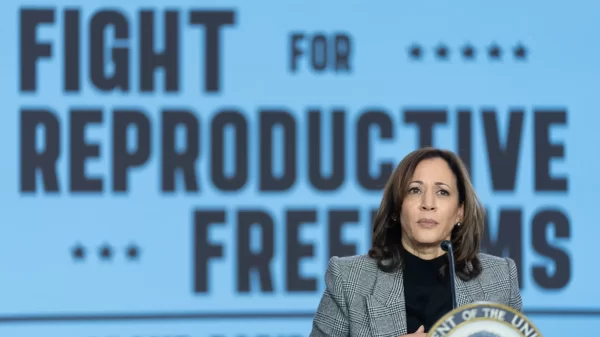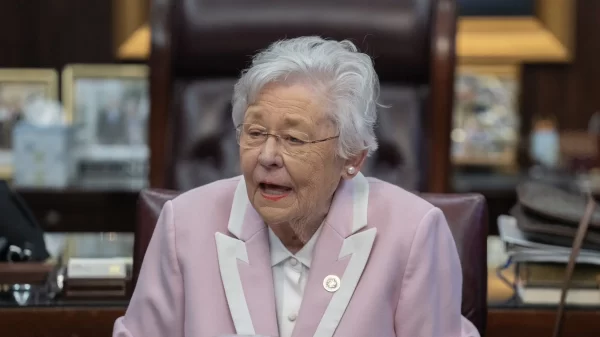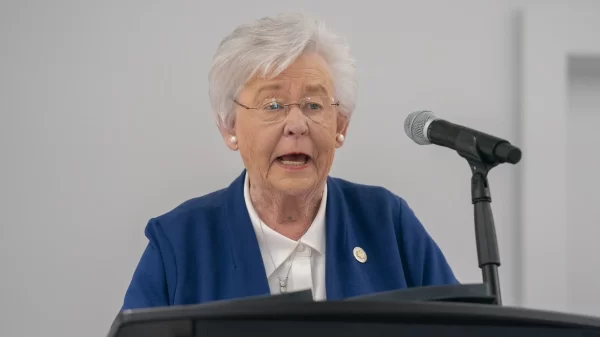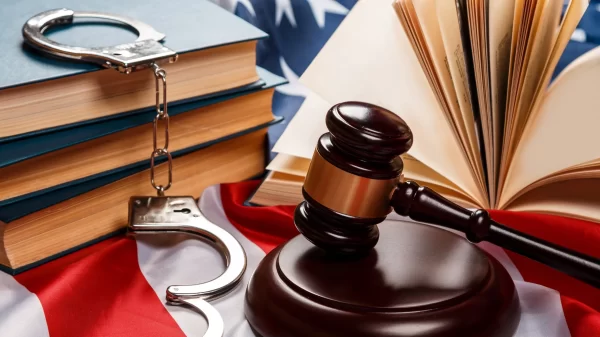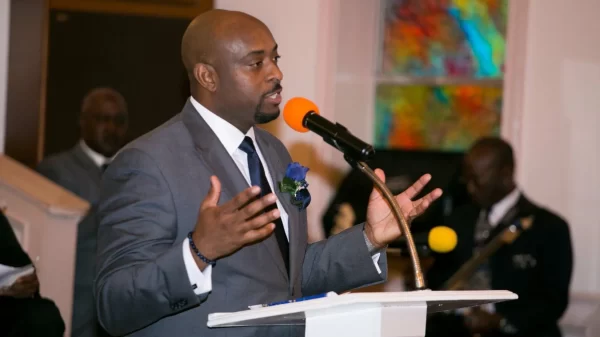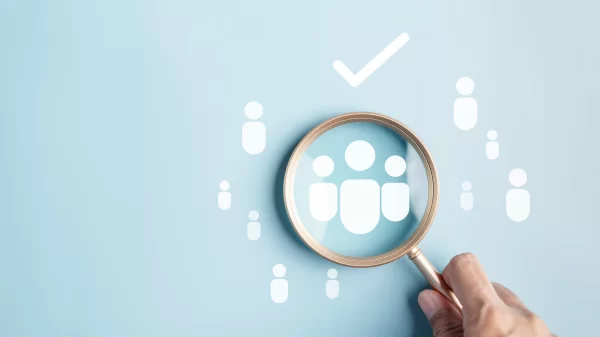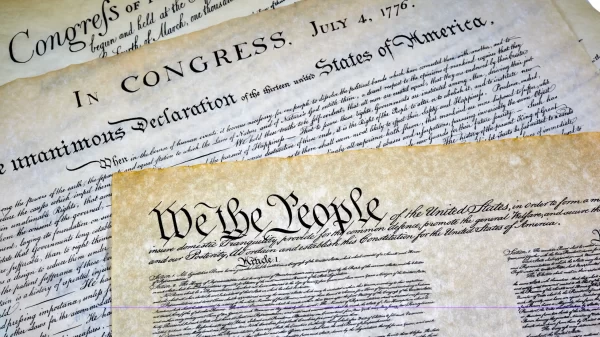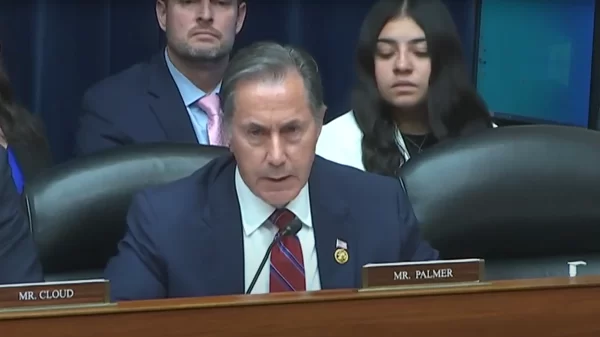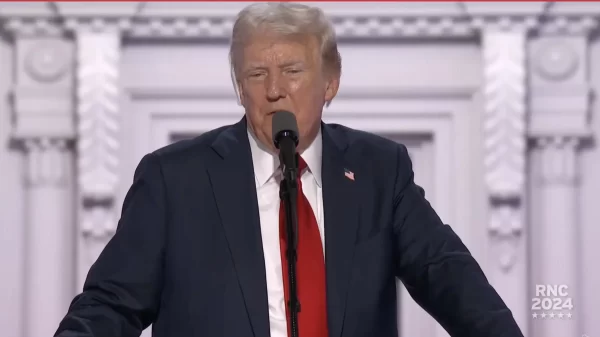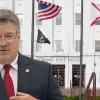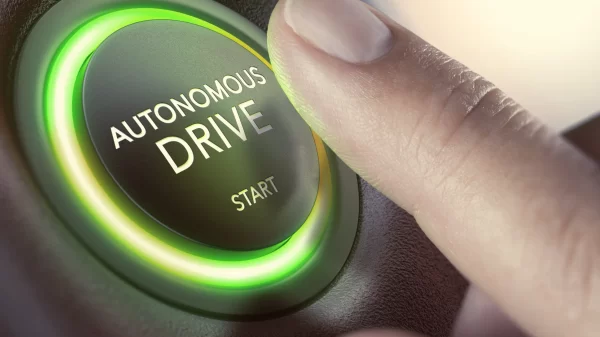|
Getting your Trinity Audio player ready...
|
The Alabama House of Representatives had been cruising along so far in the 2023 session before hitting a major roadblock Tuesday evening over a bill to ban cell phone use while driving.
The bill, sponsored this session by Rep. Randy Wood, R-Anniston, has long been one of the Legislature’s most controversial bills, having been sponsored for years by former state Rep. K. L. Brown.
The House barely passed the Budget Isolation Resolution to allow for the bill to be considered on a 61-39 vote. Under Alabama law, the Legislature is required to pass the budgets before any other bills, but if 60 percent vote to pass a BIR, the bill can move forward.
After more than two-and-a-half hours of debate, Rep. Mary Moore, D-Birmingham, called for the bill to be carried over a the call of the chair.
“Seeing as though we have quite a few amendments on this bill, and it seems as though it’s a situation where we need to sit down and all interested parties work to kind of straighten it out,” Moore said.
House Democrats made clear their concerns about the potential for the bill to be used by police to profile minority drivers.
“We want to say that justice is blind, but we know it’s not,” said Rep. Tashina Morris, D-Montgomery. “We want to make it seem like we’re doing what’s right for a collective whole, but we’re really doing what’s right for a selective few.”
House Minority Leader Anthony Daniels, D-Huntsville, said he would support the bill with a commitment to bring back language that would collect data on the implementation of the law, which he said would “greatly reduce or eliminate the potential for profiling.”
Rep. Laura Hall, D-Huntsville, brought an amendment to add that language back to the bill, which passed overwhelmingly on a 91-4 vote.
But there were still many other issues to take care of, as Democrats and many of Wood’s Republican colleagues had questions about how the bill would be applied and the scope of what should be considered distracted driving.
It is already illegal in Alabama to text while driving, and this bill would add recording photo or video, browsing the web and holding a communications device at all while driving. But there were questions about how that would be executed as the bill expressly prohibits law enforcement from taking the device at the time of the stop to determine if there is proof of a phone call or other violation taking place.
Jamie Kiel, R-Russellville, said the Legislature needs to guard against “more government in our lives, more government in our vehicles.”
Wood told legislators he picked up this bill because it could save lives.
“If ti saves just one life, it is worth it,” Wood said.
But it was also clear that Wood didn’t always understand his own bill. Kiel questioned Wood on whether this was to be a primary or secondary violation, to which Wood said he believed it would be a secondary violation. However, the bill makes it clear that using a cell phone while driving can be the sole reason for a law enforcement officer to make a traffic stop.
There is also language in the bill that it would only apply to individuals 18 years old and older, but Wood said he wasn’t sure how it should be applied to 16- and 17-year-old drivers.
“I would guess the same way, they would get a citation,” Wood said.


